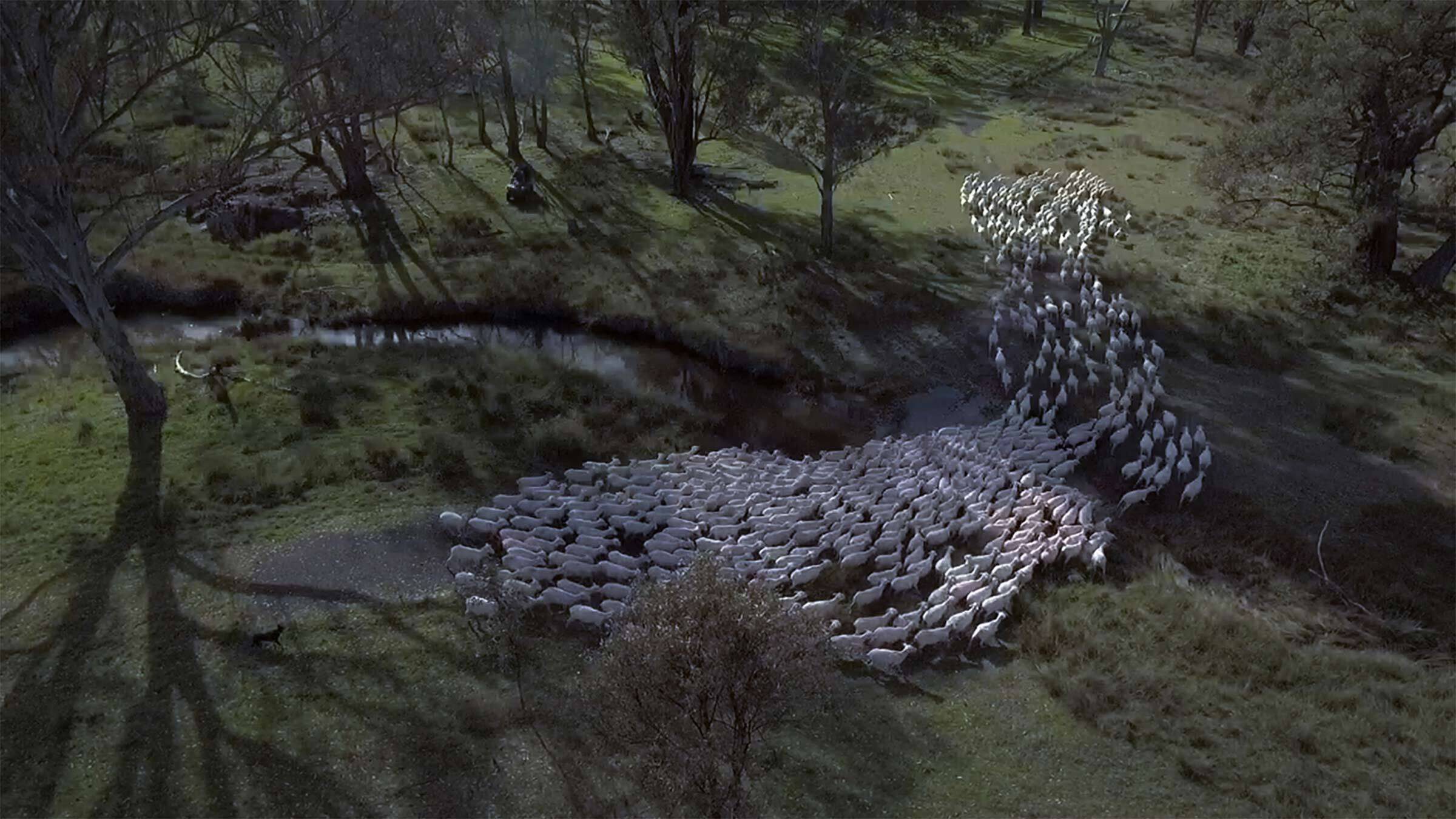

Norman and Pip Smith are the fourth generation on Glenwood Merinos, located east of Wellington, New South Wales. They run a commercial Merino ewe flock and stud operation, producing 18.5-micron bold and deeply crimping, soft handling and highly aligned lustrous Merino Wool. The land is undulated to hilly and supports extensive areas of grassy woodlands, ideal for breeding Merino sheep.

Glenwood has adopted holistic farm management practices for over 20 years. Norm and Pip are passionate advocates of regenerative agriculture and, in 2011, were the New South Wales Farmers of the Year. They are dedicated to their animals and to improving the land for future generations, aiming to achieve a balanced outcome for their landscape, livestock, business and people.

Norm and Pip are focused on maintaining ground cover and enhancing the diversity of the pasture base. Industry targets suggest a minimum of 70% groundcover is required to minimise water run-off and erosion, and high groundcover levels assist in effective water and mineral cycles. Over the last 13 years, ground cover remained above 85% and peaked at 100%.
Paddocks are grazed for only a short amount of time.
•
After grazing periods, paddocks are rested for an extended interval allowing the plants to recover and seedlings to establish themselves.
•
They understand the importance and use of animal integration to disturb the soil just enough to invigorate plants to seed, germinate and regrow their roots.
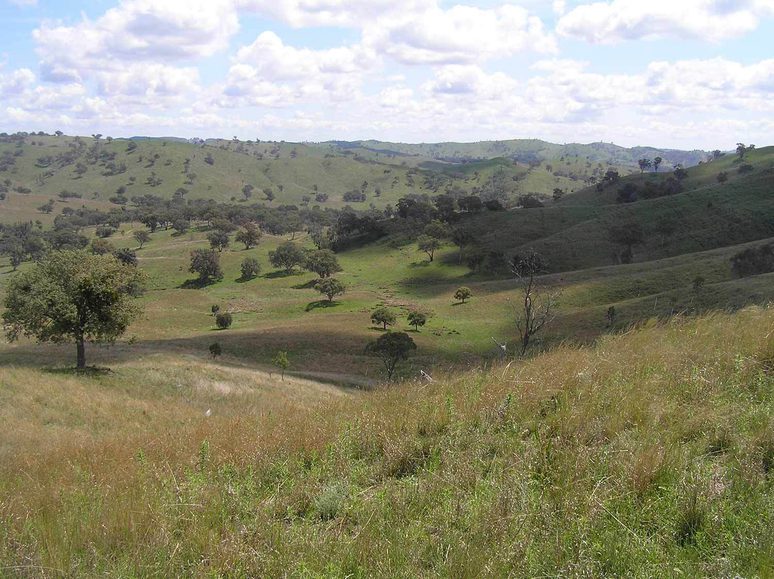
When they implemented holistic management practices, Glenwood subdivided paddocks and added watering points and time-controlled grazing management practices. This recovery-based grazing practice has made Glenwood pastures more resilient, and now some of their paddocks have up to 60 different grass species in them. Glenwood has also been able to minimise its chemical use through livestock management techniques, leading to significant cost savings.
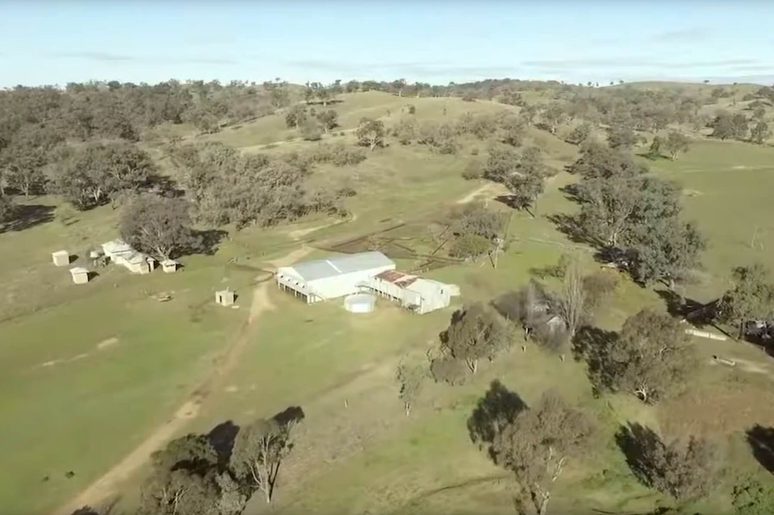
Glenwood monitors its progress annually using indicators such as the level of ground cover and the type of ground cover, evidence of organisms and variety of perennials. Ever since they have adopted holistic management at Glenwood, Norm and Pip have seen significant improvements in pasture production and increased the diversity of desirable perennials and the flora and fauna landscape.
- NORMAN SMITH
Situated 70km North of Goondiwindi in Southern Queensland, Karbullah is a generational Merino stud focussed on producing sound 19-19.5-micron wool.
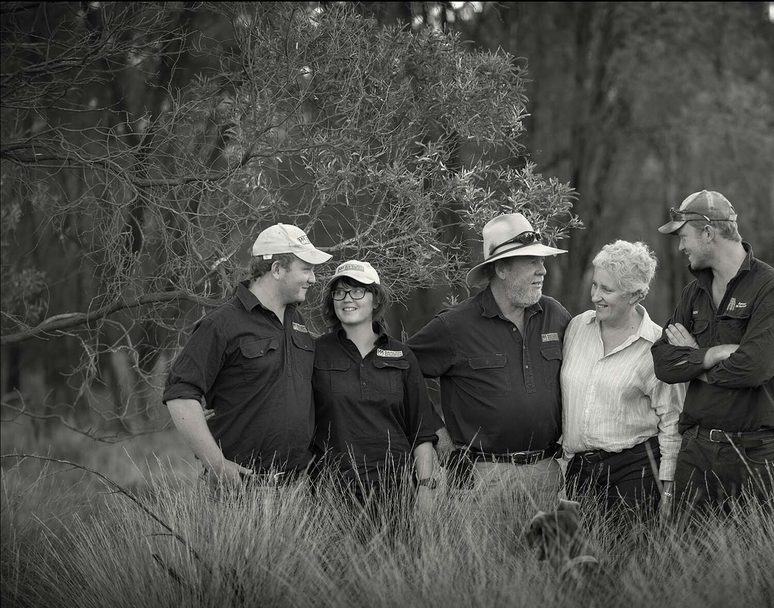
Mark and Vicki Murphy and their family Luke, Sarah, Ben and Stephanie are passionate about their sheep and land. They have been following regenerative agriculture practices for many years, attending Landcare and Holistic Management courses and workshops and connecting with like-minded, passionate producers. The family also works with a progressive group of SRS Genetic Merino breeders from across Australia, ethically producing wool and sheep. This active group has been functioning for over two decades.

From this training, Karbullah use planned grazing principles so that their paddocks rest between periods of stock integration depending on the seasons. This assists with plant health and density and improves water retention, compost, microbial health and pasture and tree root systems. Some seasonable challenges, such as drought, can cause a reduction in resting periods, but overall, with efficient planning and monitoring, Karbullah’s grazing management has led to increased benefits for both the animals and the land. In high summer rainfall events such as 2021, the result displayed is rapid plant growth, major seeding events, and increased plant varieties. Ultimately, more ground cover, and healthier stock.
They are caretakers of the land and want to leave it better than it was when they arrived.
•
Increasing the biodiversity and health of the landscape, livestock and people.
•
They have a duty of care in reducing chemicals, especially in livestock production.
•
Water quality is paramount, together with reducing water run-off and damage.
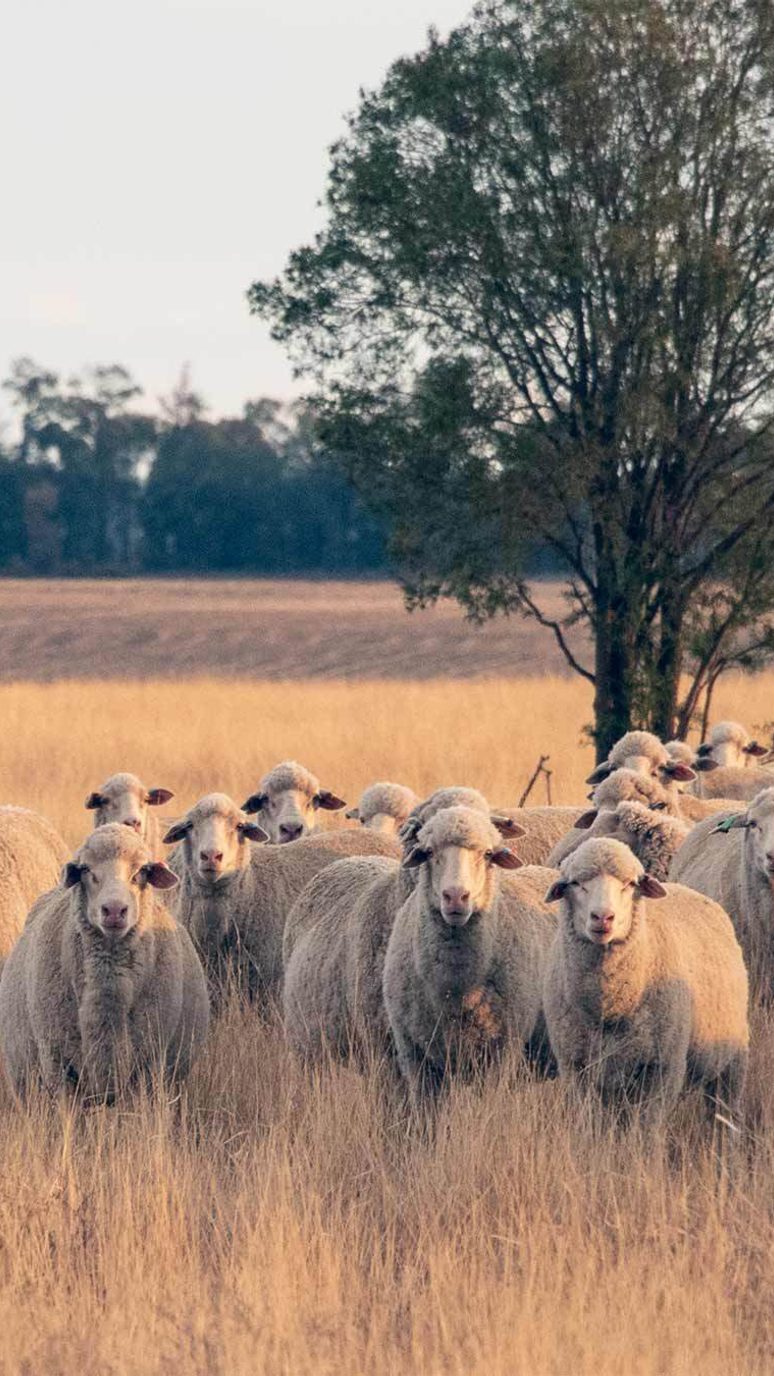
Promoting healthier country including soil, water, flora and fauna.
•
A healthy lifestyle for the caretakers and happy, productive and content livestock.
•
Supporting communities, including their family, industry and the wider community.
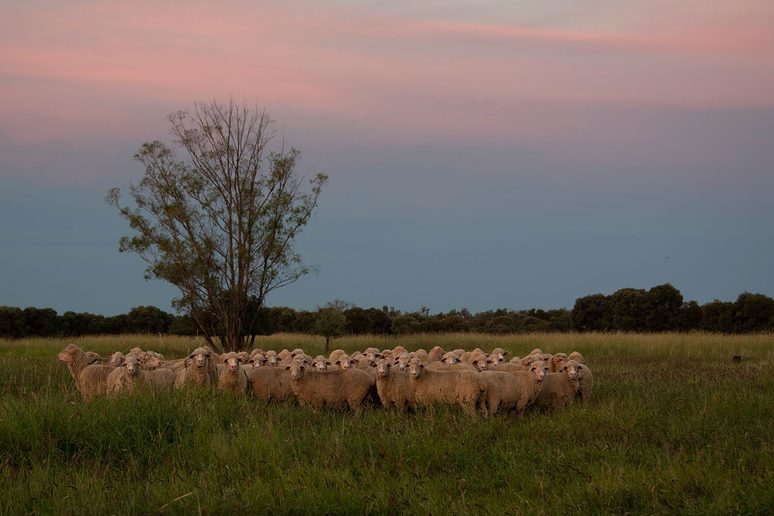
Maximising ground cover has been part of Karbullah’s ongoing land management to assist with water control, penetration and use. Karbullah’s holistic management and regenerative agriculture concepts also assist in their forage crop planting to regenerate soil biology. Paddocks for forage cropping are sown down to perennial grasses and Old Man Saltbush - a native Australian deep-rooted perennial - which provides ground cover for twelve months of the year. Old Man Saltbush helps maximise water penetration, minimise water run-off, and assist the area's biodiversity. Mark and Vicki have planted 400 acres of Old Man Saltbush on top of many of the valleys that were farmed before their ownership.
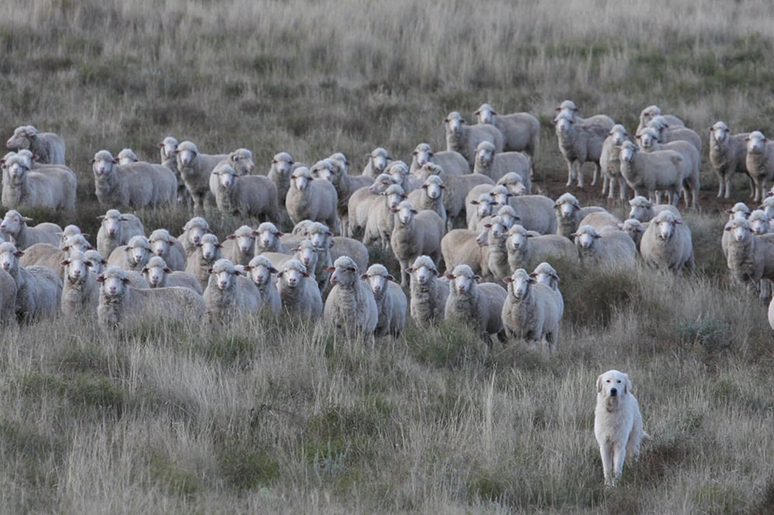
Areas of trees and scrubs are preserved on Karbullah, and additional trees have been planted, all encouraging native fauna and flora. Retained vegetation along the edges of Karbullah's "jumpup" country, where there are steep drops in topography, have helped reduce erosion. They are also tremendous corridors for wildlife in the nature cycle.
- VICKI MURPHY
Newsletter
Sign up below for 10% off your first online order, updates about Johnstons of Elgin products, services, stores, events and more.
Customer Service
Visit Us